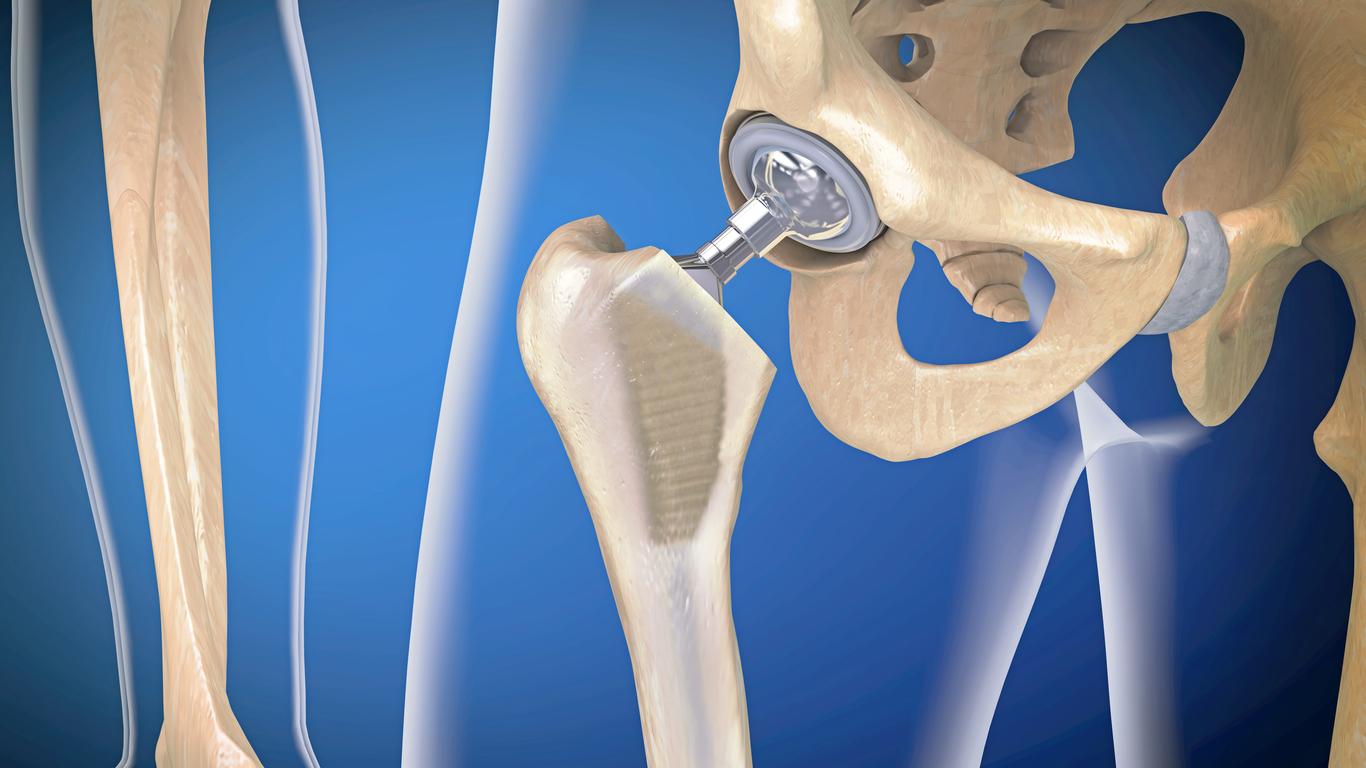Reports of adverse reactions to the Mirena IUD are on the rise. The European Medicines Agency is currently evaluating them.

Reassure users of the Mirena IUD. This is the objective of the National Agency for the Safety of Medicines and Health Products (ANSM), which on Friday published a communicated on its website.
She reports a finding of an increase in reports of adverse reactions at European level. On Facebook in particular, a group of ” Mirena IUD victims »Was created, and brings together almost 6,000 people this Saturday (3,000 more in two days). In Canada, the United States or Europe, complaints have also been reported.
New side effects
Dizziness, nausea, headaches, depression, hair loss, ovarian cysts, etc. Most of these reported side effects are however listed in the instructions for use, intended for the general public, or the summary of product characteristics (SPC), for healthcare professionals. Others are not included.
The ANSM wants to be reassuring, and confirms in its press release that “to date, in view of the available data, the increase and the nature of the declarations do not call into question the benefit / risk ratio of Mirena, which remains positive in its current indications ”.
However, she adds that the European Medicines Agency is currently evaluating the reported side effects, and that its conclusions are not expected until June 2017.
340 boxes sold
Mirena is a hormonal IUD that has been on the market for 20 years, and distributed by Bayer laboratories. It is reimbursed at 65% by Health Insurance, and 340,000 boxes were sold in pharmacies in 2016.
“It is a device widely used by gynecologists, because it is of considerable interest compared to the copper IUD which can cause inflammation and increase the volume of periods, while the hormonal IUD decreases it”, explains Prof. Bernard Hédon, President of the National College of French Gynecologists and Obstetricians (CNGOF). The device is thus offered to young women, whose periods are less abundant than those of older women (from 40 years old).
“The side effects of IUDs which diffuse hormones are not more numerous than those linked to copper devices”, further specifies Professor Hédon.
.















